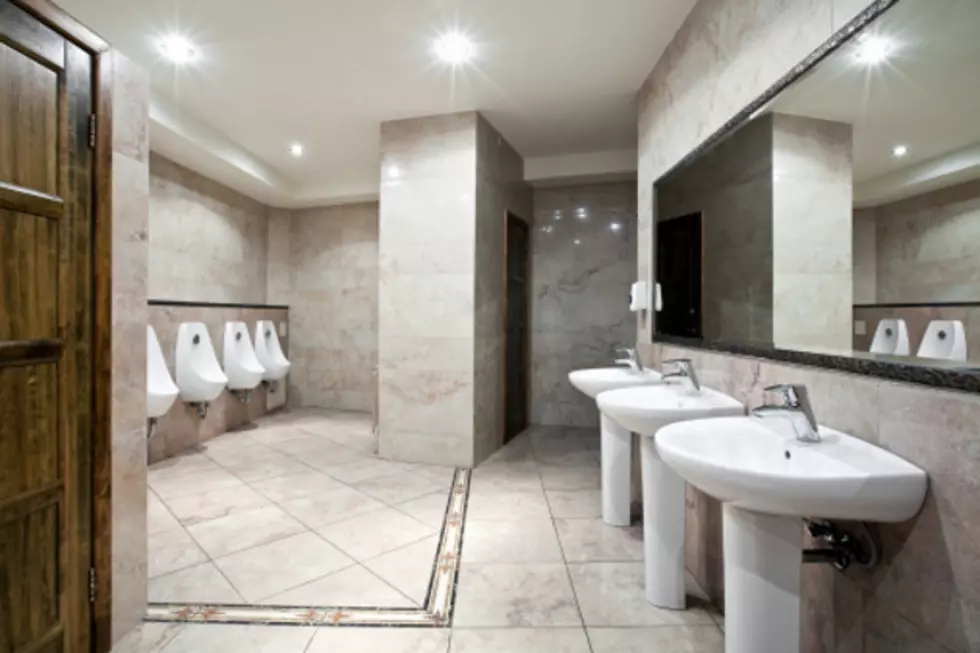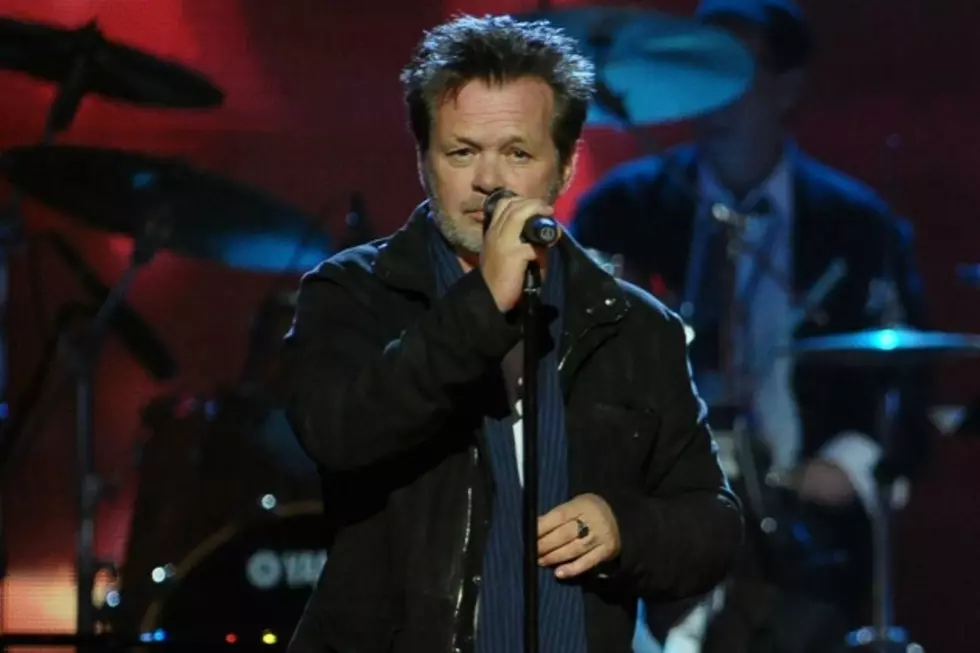
Big Brother is Watching You
In the days of ever increasing technology that is being utilized to watch you, report on you and determine where you are at any time the State of Arkansas has taken it to a whole new level.
According to Jeanie Nuss of the Associated Press police in Little Rock Arkansas can now photograph your license plates, store the information and do so very easily.
Little Rock may not be a likely terrorism target or a gang crime hotspot, but the Arkansas capital has decided to follow the example of high-security cities by expanding electronic surveillance of its streets.
A police car with a device that photographs license plates moves through the city and scans the traffic on the streets, relaying the data it collects to a computer for sifting. Police say the surveillance helps identify stolen cars and drivers with outstanding arrest warrants.It also allows authorities to monitor where average citizens might be at any particular time. That bothers some residents, as well as groups that oppose public intrusions into individual privacy. The groups are becoming more alarmed about license plate tracking as a growing number of police departments acquire the technology.
Though authorities in Washington, D.C., London and Chicago conduct extensive electronic surveillance of public areas to detect security threats or deter gang crime, "Today, increasingly, even towns without stoplights have license plate readers," said Catherine Crump, a New York-based staff attorney with the American Civil Liberties Union.
In Little Rock, even some city officials wonder about keeping data on drivers' movements.
"It bothered me particularly if someone wasn't guilty of a crime or didn't have any active warrants or hadn't committed a crime," city director Ken Richardson said.
However, Little Rock Police Chief Stuart Thomas said the law enforcement benefits outweigh any concerns about possible abuse of the information, which, as a public record, is legally available for anyone to see. He said the department may get more of the devices.
"Should that potential of misuse therefore eliminate the capacity of law enforcement to collect data which has a legitimate purpose for the safety of our officers or the appropriateness of enforcement actions? I don't think so," he said.
Little Rock police bought the tracker last year for about $14,000, as interest in the technology began spreading in law enforcement circles. The purchase didn't require city council approval and didn't attract much attention in town.
"There was no public notice or anything," police spokeswoman Sgt. Cassandra Davis said.
Richardson said he didn't hear about the device until after it had been collecting data for months. He said he said he hasn't heard many complaints.
"It's hard for you to have a problem with something if you don't know it's going on," he said.
Many Little Rock residents apparently still haven't heard about the surveillance. Angel Weston, 45, said she's glad to hear that police are looking for stolen cars and people with warrants but wondered about keeping logs of citizens' movements.
"I don't feel like they should keep the data for six or 12 months," Weston said.
Lawmakers in several states, including Minnesota and Utah, have suggested setting a time limit for their departments, but Little Rock has no policy yet. The department now has a growing archive of license plate photos, along with time stamps and the locations, showing where motorists were at certain times.
Privacy advocates worry about the potential uses for such outside law enforcement, from snooping by stalkers and private investigators to businesses that sell personal data.
"Given how few rules are currently on the books to protect our privacy, it's plausible that private investigators and data-mining companies could acquire this location data," Crump said. So far, the organization has requested more information from government agencies, but hasn't filed any lawsuits, Crump said.
More From 107.9 Jack FM









